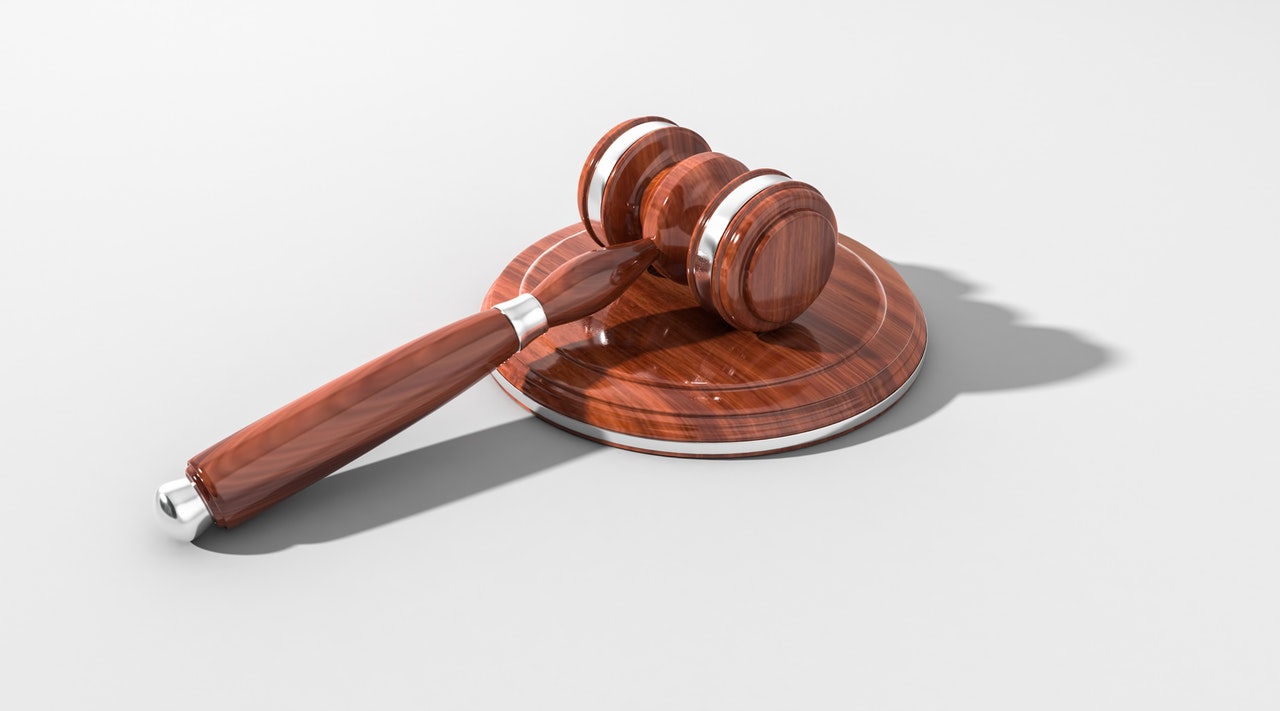A personal injury compensation claim starts when someone suffers physical damage and loss as a result of the actions or omissions of a third party who one might reasonably expect to be careful enough so as to not cause harm to the victim. Assuming the injury is of some consequence a visit will be made to either a hospital or a general practitioner for diagnosis and treatment and thereafter the injured person may start thinking about a claim for compensation for the pain and suffering of the injury and any other consequential losses. The personal injury compensation claim procedure usually starts with a solicitor’s appointment during which the lawyer will take full details of the accident which will be formed into a written statement that will contain the circumstances of the incident, the personal details of the parties involved, and a schedule of losses.
Evidence & Negotiations
The solicitor will then obtain any ancillary evidence which may include medical records, a medical report or a police accident report and will use all available evidence including his own clients written statement to draft a formal letter of claim to the negligent third party who will almost inevitably pass that letter on to their insurers or will visit a solicitor for advice if they are not insured. At this point a decision will be made by the third party’s representatives to either admit the claim or defend the claim. If the claim is admitted all parties attempt to negotiate a financial settlement failing which the matter is put into court for a judge to determine the amounts payable. If the claim is defended, then the injured party’s solicitors will proceed to the issue of a summons in either the High Court or in a lower court dependent on the anticipated overall value of the claim.
Also check: Immigration case outsourcing for lawyers, attorneys and law firms
Issue & Hearing
Once a summons has been issued the solicitor for the injured person makes arrangements to serve it on either the defendant or the solicitors appointed by the insurers. The defendant’s solicitors then file a written defense, all relevant documents are exchanged, expert witnesses are appointed and the matter proceeds to a trial where all parties and their personal injury lawyers attend to determine liability with a subsequent hearing to determine the amounts of the award which may be combined with the liability hearing. The judge makes the financial order which may be enforced as a debt if payment is not forthcoming.

